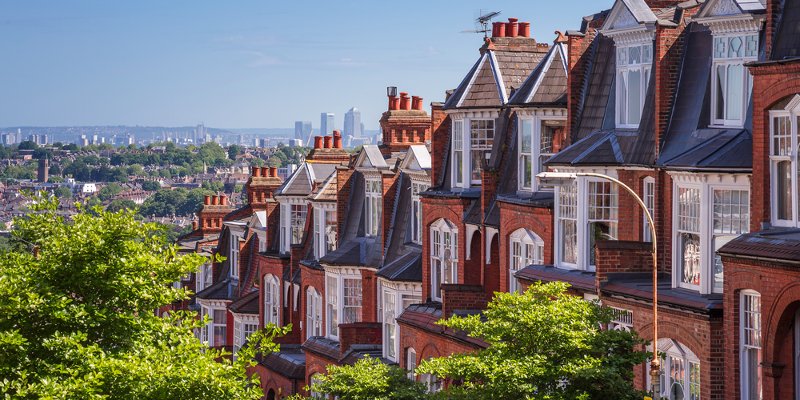The number currently living with friends or family in order to save for a deposit has increased, from 23% in August 2017 to 27% in 2018, whilst a further third (33%) would consider it if it meant they could get on the property ladder quicker.

The number currently living with friends or family in order to save for a deposit has increased, from 23% in August 2017 to 27% in 2018, whilst a further third (33%) would consider it if it meant they could get on the property ladder quicker.
Aldermore’s First Time Buyer Index has found of those currently looking to buy their first home, almost nine in 10 (89%) think it is difficult to get on the property ladder – slightly down from August 2017 (93%).
Raising a deposit is still the biggest obstacle for four in 10 (40%) of prospective first-time buyers, up from 34% in August last year.
Charles McDowell, commercial director, mortgages at Aldermore, said: “It is apparent from our latest Index that the house buying process leaves a lot to be desired.
“The housing market is in a state of flux and first time buyers are still clearly finding it difficult to get on the housing ladder leaving them anxious, stressed and out of pocket.
“That said, we have been encouraged by the government’s renewed focus on the issue of housing with the recent review into the house buying process, although it is too early yet to gauge real impact.”
Concern about mortgage affordability has dropped since last year (from 12% to 5%), but for one in 10 (10%) prospective first-time buyers, actually securing a mortgage is the biggest concern – this remains on a par with last August (9%).
In reality, one in four (25%) first-time buyers were refused a mortgage when they first applied through their main bank, with this most prevalent in London where nearly half experienced this (45%).
Nearly half of first-time home owners (48%) said they have had at least one property purchase fall through. This is up significantly from August last year, when only 26% said they had experienced a property purchase fall through, and is most common in London (73%).
Of those who have experienced a purchase fall through, the average loss on fees and other costs was £2,200 – this equates to a cumulative figure of £2.3bn for those who bought in the last three years.
For nearly one in 10 (9%) first-time home owners, the general uncertainty of the buying process was the hardest part of buying a house. Just over half (52%), the process made them ill (70% for Londoners) and for 46% it caused tensions and issues within their relationship.
Almost eight in 10 (79%) saying that owning a home has made them more financially stable which allows them to better plan for the future (83%).
For 81%, not having to waste money on rent is seen as a massive bonus. Additionally, most first-time homeowners feel confident they will be able to move up the ladder when the time comes (81%).
When thinking about what the government could do to make things easier for first-time buyers, 41% believe the seller should pay stamp duty instead of the buyer and 16% would like an abolishment of stamp duty entirely in favour of a different type of tax.
A quarter (26%) would like to see more building on the green belt and 23% would like more prefabricated homes available for first-time buyers.
McDowell added: “We believe the real crux to fixing the broken housing market is to improve and increase housing stock.
“This is echoed by over a quarter (26%) of first time buyers who would like to see more building on the green belt.
“While the Chancellor announced some measures to build new homes in the Autumn Budget last year, given the government’s record on house building, it is necessary to make some serious progress. We need real action and results, not more consultations and whitepapers.”



